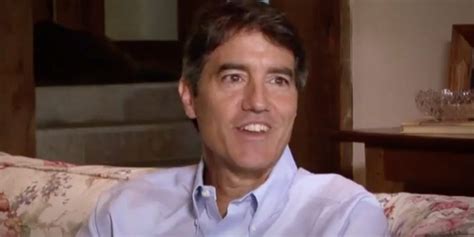A Quote by Peter Lynch
All you need for a lifetime of successful investing is a few big winners, and the pluses from those will overwhelm the minuses from the stocks that don't work out.
Related Quotes
My percentage of winners is only about 50/50, because I cut my losers very quickly. The maximum loss I allow is 7%, and usually I am out of a losing stock a lot quicker. I make my money on the few stocks a year that double and triple in price. The profits in those trades easily makes up for all the small losers.
































